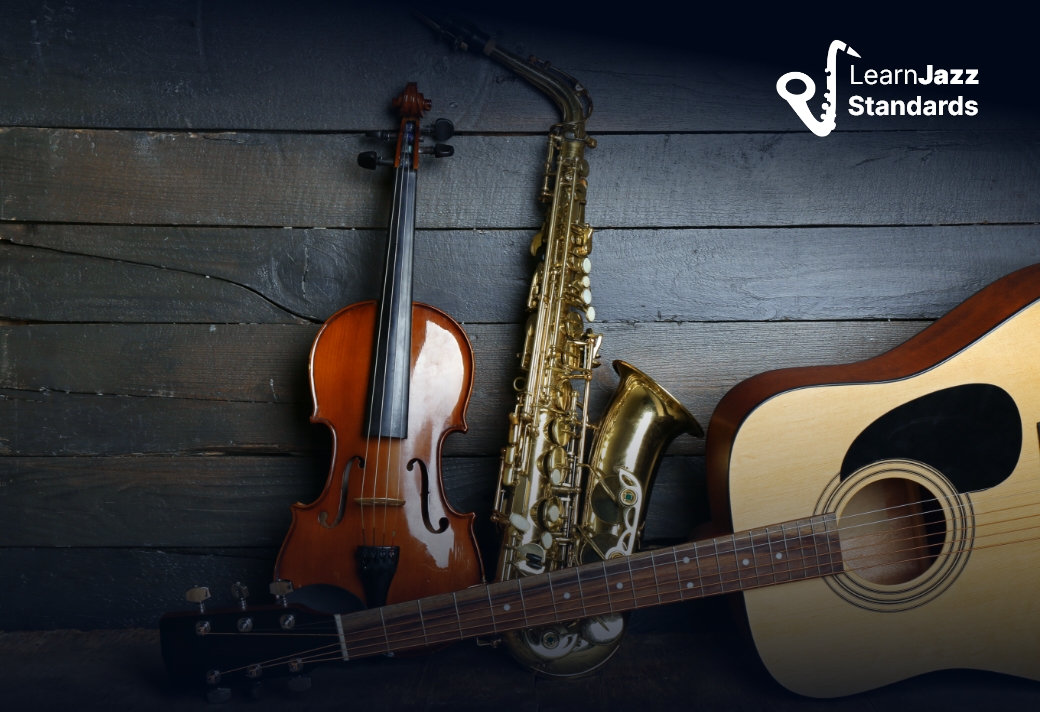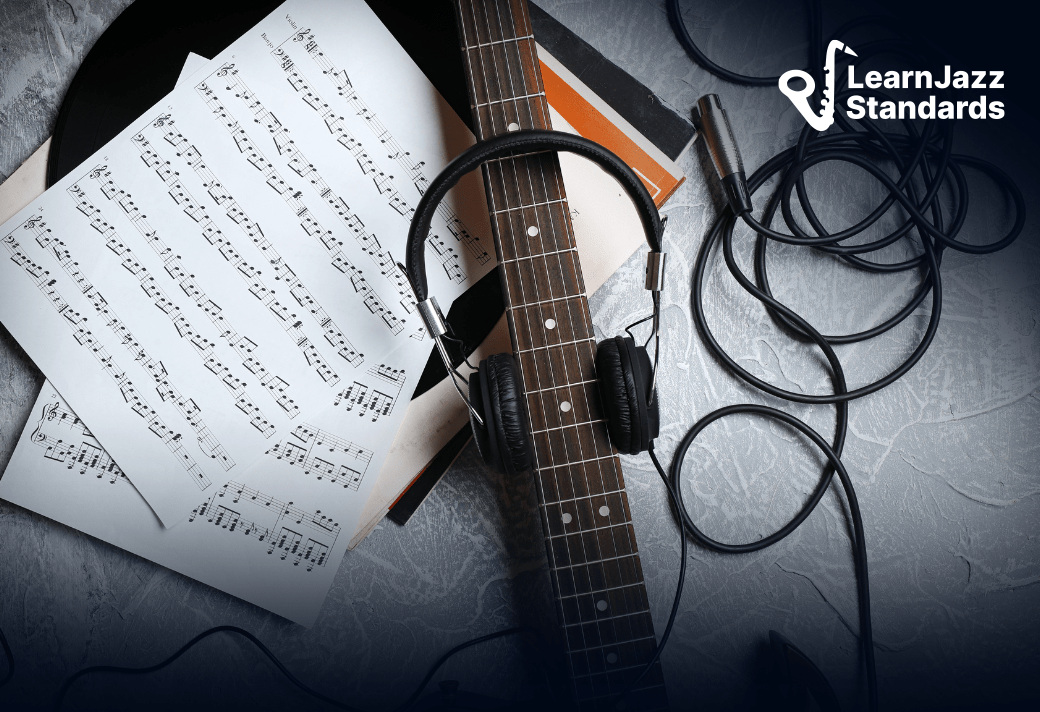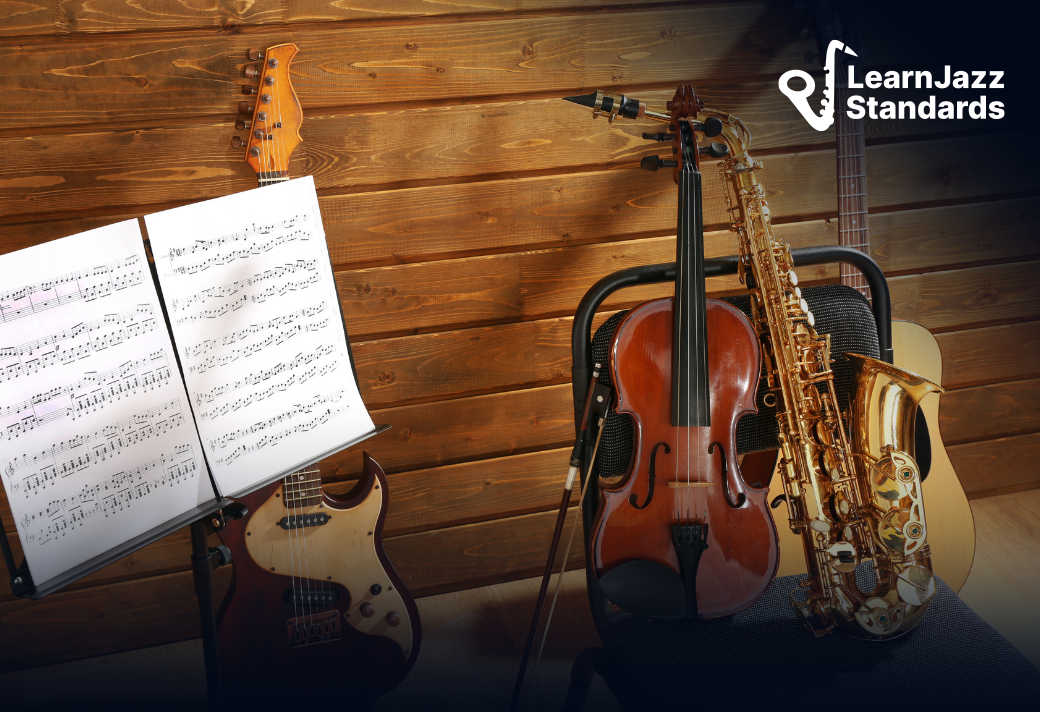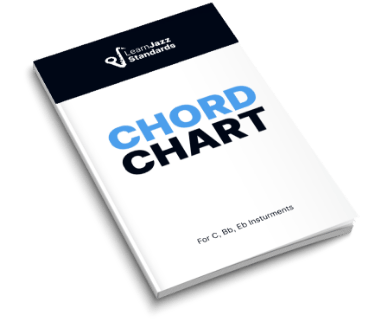Learning to improvise can seem pretty overwhelming to a beginning improviser. Learning to navigate chord changes, music theory, jazz vocabulary, everything else…there’s so much to think about and it can be hard to know where to start!
One of the best things you can do as an improviser, no matter what level you are starting at, is to work on your fundamentals. Learn your scales! You might practice more advanced scales as you progress, but here are 3 of the most important basic scales. These scales are the most important in my opinion because they help you navigate the most 3 most common chord qualities-major, minor, and dominant.
1. Major scales for major chords and keys
12345678
Example-CDEFGABC in the key of C
You can use the pitch collection from a major scale to help you improvise over a major chord or a series of chords in a major key.
2. Dorian minor scales for minor chords and keys
12b3456b78
Example-CDEbFGABbC in the key of C minor
If you struggle to play amazing jazz solos and want to learn the secret strategies the pros are using to improvise, our free guide will get you on the right track.BEFORE YOU CONTINUE...

3. Mixolydian scales for dominant chords
123456b78
Mixolydian scales are like a major scale with a b7 instead of the natural 7th. These are great for unaltered dominant chords.
Example-CDEFGABbC over a C7 chord.
I recommend practicing all of your major, Dorian minor, and Mixolydian (dominant) scales in all 12 keys. That’s only 36 scales. Since most chords are either major, minor, or dominant, learning these 36 scales will help you improvise over the majority of chord symbols!
If you would like to know more, you can check out the “72+72” Method for navigating your major, minor, and dominant chords.
Want a play along to help you practice improvising? Check out these Play Alongs to help you practice improvising over major, minor, and dominant chords.









